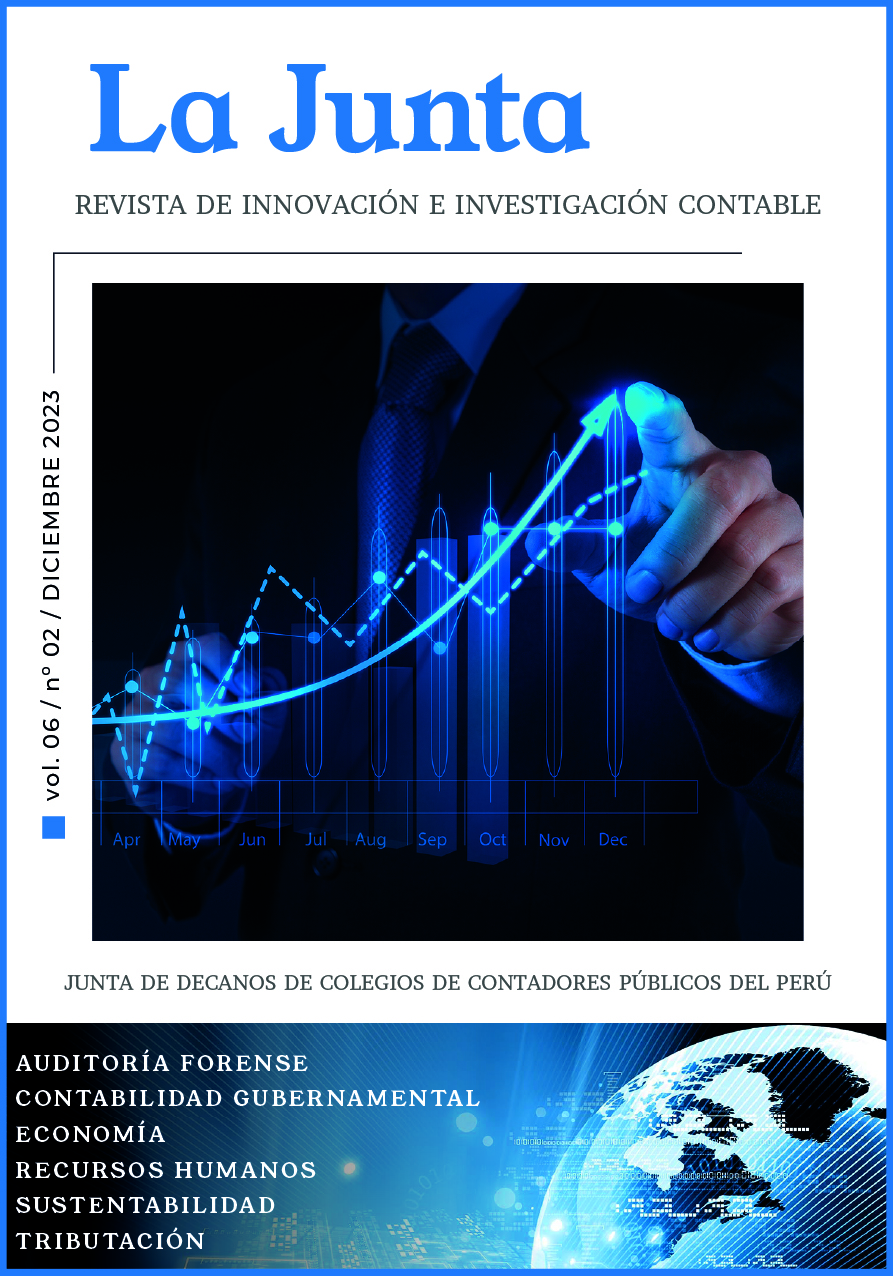Detecting Fraud with Artificial Intelligence: An Advanced Perspective in Forensic Auditing
DOI:
https://doi.org/10.53641/junta.v6i2.116Keywords:
fraud, artificial intelligence, forensic auditingAbstract
This research work examines the fundamental role of Artificial Intelligence (AI) in
detecting and preventing fraud in the context of forensic auditing. It explores how advanced AI techniques, such as machine learning and natural language processing, have transformed the way fraudulent activities are identified and analyzed within organizations. A comprehensive review of key concepts in forensic auditing and fraud, along with the latest research and AI applications in this area, is presented. Additionally, the advantages and challenges of implementing AI in forensic auditing are discussed, offering recommendations to leverage its potential in the fight against fraud. The overall objective of this research work is to analyze and assess the impact of artificial intelligence on forensic auditing, focusing on its ability to detect and prevent fraud within organizations. The methodology of a quantitative approach has been employed, which will allow the use of numerical data and statistics to analyze and quantify patterns of fraud detected through artificial intelligence techniques. The present research yields the result that the integration of artificial intelligence into forensic auditing has proven to be a 100% potent and effective tool for fraud detection. It is concluded that advanced Artificial Intelligence techniques, such as machine learning and natural language processing, have revolutionized the way fraudulent activities are identified and analyzed within organizations.
Downloads
References
Chen, W., Zhang, M., & Liu, K. (2021). Machine Learning Techniques for Fraud Detection in E-commerce. International Journal of Electronic Commerce, 25(1), 56-78.
Federal Bureau of Investigation. (2023). Financial Fraud Awareness. FBI.
Johnson, R. K., & Williams, L. S. (2022). Advanced Machine Learning Techniques for Fraud Detection. En P. Anderson & Q. Brown (Eds.), Financial Fraud: Trends, Challenges, and Solutions (pp. 75-92). Springer.
Lee, H., Kim, S., & Park, J. (2020). Application of Natural Language Processing in Fraud Detection. Journal of Financial Crime, 27(4), 1025-1040.
OpenAI. (2021). ChatGPT: Modelo de Lenguaje Generativo.
Smith, J. D. (2021). Fraud Detection with Artificial Intelligence. Academic Press. United States Securities and Exchange Commission. (2022). Report on Financial Fraud Trends and Prevention. Government Printing Office.
Downloads
Published
How to Cite
Issue
Section
License
Copyright (c) 2024 Cesar Alexis Benites Ocampo

This work is licensed under a Creative Commons Attribution 4.0 International License.








